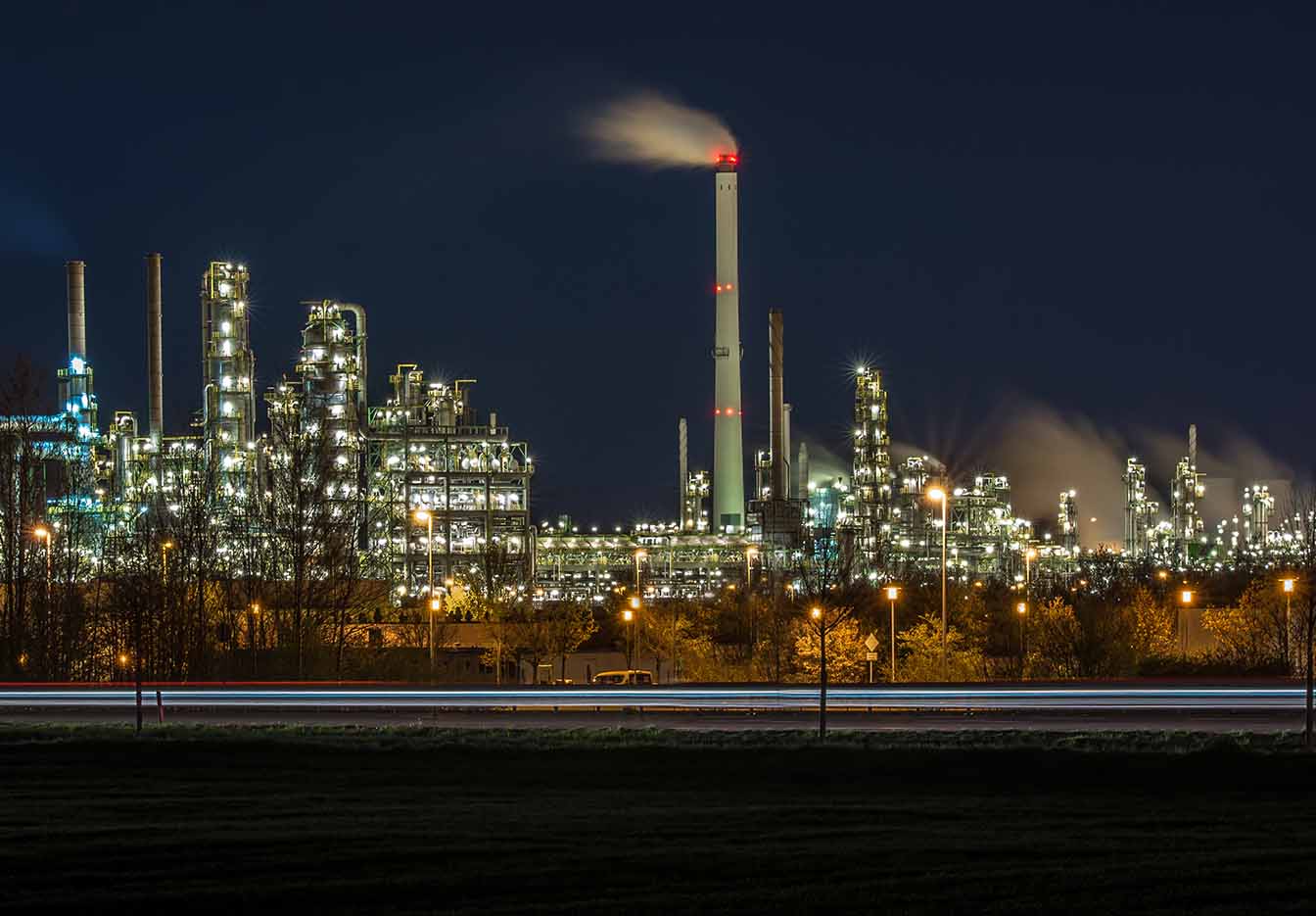Rotterdam, October 22nd, 2018 – Among innovative technology providers developing a thermal energy storage system, Norway-based cleantech company EnergyNest is currently one of the partners selected by multinational energy provider Enel for the analysis of the benefits and impacts of the integration of its technology in one of Enel’s numerous power generation assets. According to EnergyNest, impressive economic and climate-relevant figures could be achieved by the company’s latest thermal energy storage technology when integrated in full-scale: annual CO2 reduction of up to 45,000 tons, 14 million liters of fuel oil saved per year and project payback in less than three years.
The collaboration launched with EnergyNest gives Enel the chance to evaluate EnergyNest’s Thermal Energy Battery solution in real-life conditions and identify full-scale business-applications for the technology integrated into thermal power plants. The objective of the innovative project is to demonstrate how waste heat recovery in Thermal Energy Storage can increase flexibility and sustainability of thermal power plants. This activity will allow Enel to assess technology robustness, its potential contribution to increasing efficiency and its positive environmental impact.
Last week, EnergyNest officially unveiled its first Thermal Battery Module, produced in its new manufacturing hub in Europoort, Rotterdam, on the site of partner Mebin. Manufacturing for two commercial projects is now expected to start at the end of the year. EnergyNest’s innovative battery modules consist of locally-sourced, recyclable materials – framed steel pipes set with Heatcrete, a high-performance thermal-energy-storing concrete developed in partnership with HeidelbergCement, Germany’s multinational buildings material company.
Download the Press Release EnergyNest and Enel PDF



